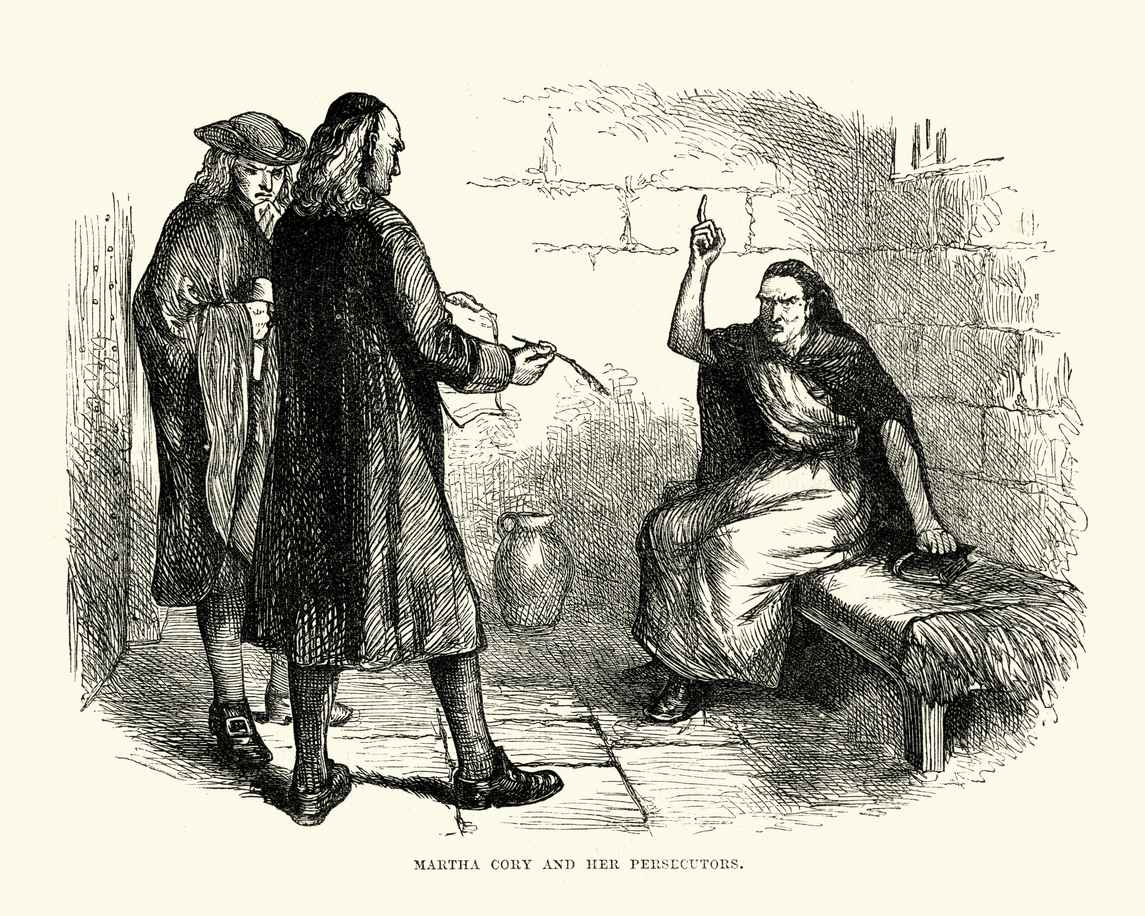A Leap Day Reflection
This month, we recognize an unusual day – February 29. Leap Day! A day that comes only once every four years (at least since 1582 when Pope Gregory introduced the Gregorian Calendar). On this date in 1988, Nelson Mandela won his freedom from a South African prison after serving 27 years for opposing racial segregation and discrimination. In 1940, the first African American woman, Hattie McDaniel, won an Oscar for her role in Gone with the Wind. Both are worthy events for a blog focusing on workplace and civil rights.
The day I selected to write about, however, resonates more with me. On February 29, 1692, authorities issued the first arrest warrants in what would become known as the “Salem Witch Trials.”
The Salem Witch Trials: A Dark Chapter in History
Between February 1692 and May 1693, twenty women (or more) were killed (19 by hanging, one by being “pressed” to death) for being “witches.” The precise number of those killed cannot be known as many died while in prison before having a chance to prove their “non-witch” status. In 1692, Salem, Massachusetts, gripped by social pressure, religious fervor, and political instability, collectively lost their minds – resulting in the wrongful accusation, imprisonment, and execution of innocents accused of witchcraft.
Amid frenzied allegations, neighbors turned against neighbors and hurled allegations based on suspicion, hearsay, and without evidence. Unsurprisingly, most of those accused were marginalized members of society (women, the elderly, and those deemed to be social outcasts). Without financial or other support in the community, their fates were sealed. Accusation often meant conviction and execution.
The Salem Witch Trials underscore both the dangers of prejudice and intolerance and the fragility of our justice system. During the trials, fundamental principles of due process and fair trial were cast aside in favor of expedience and mob rule. Confessions were coerced through torture, and hearsay was accepted as evidence, resulting in a perversion of justice. Innocent individuals were deprived of their lives and freedom and subjected to unjust punishment, serving as a stark reminder of the dangers of a legal system driven by hysteria and prejudice.
Parallels to Modern Injustice
Some might say, “That was then, and this is now.” But if we look around, can we not see some of the very injustice – rush to judgment – accusation equaling conviction and execution – today?
The Salem Witch Trials serve as a rallying cry for protecting individual liberties and human rights. The trials sparked outrage and condemnation both within and outside of Salem, prompting calls for reform and reflection.
This February 29, let us all reflect on that dark chapter in Salem and affirm our pledge to promote a system where such injustices are not repeated.
If you need a civil rights lawyer in New York or Connecticut, turn to The Law Office of Matthew T. Miklave.
Matthew Miklave is an experienced civil rights attorney helping clients throughout New York and Connecticut. If you are dealing with a civil rights issue, Matt will listen to your concerns, provide a solid legal analysis of your situation, and offer a practical, balanced plan to achieve your goals.
Everyone deserves equal protection under the law; Matt Miklave will fight for your rights and be by your side at every step of the process. Take the first step toward achieving justice by scheduling a complimentary consultation with him today: (212) 419-0551 [NY], (203) 434-4093 [CT]

